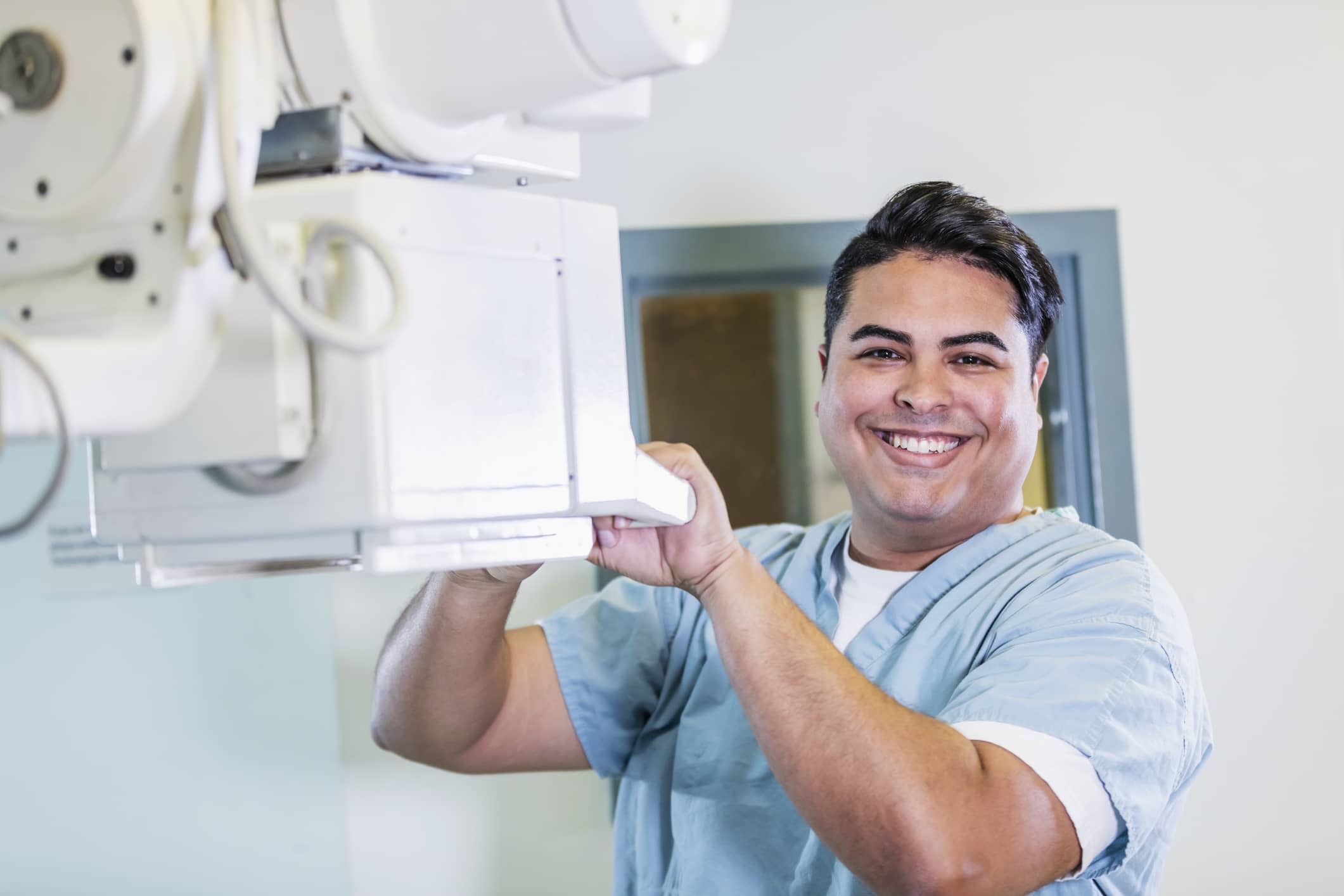
Things Your Patient Wants to Know About Their MRI Procedure
An MRI can be a valuable diagnostic tool, but patients who have never experienced the procedure may be curious about what to expect or unsure of the information the test can provide.
To prepare yourself for the questions many patients ask their radiologist technician or nurse, check out the following MRI tech tips so you can give them the answers they need with confidence.
Visit AMH Healthcare to apply for open rad tech travel positions today. You'll reap a lot of benefits from these types of travel jobs.
5 MRI TECH TIPS TO ANSWER PATIENT
If you've ever had an MRI, you know it can make you very anxious. So, it's a good idea to explain, in detail, the sights and sounds the patient will experience during testing.
1. What will the experience be like?
The noises produced by the MRI can be frightening without context, and there are steps that can be taken to reduce the impact. Glenn H Englander, MD, suggests, "The experience is better when they give you headphones to play music to mask the 'bang, bang, bang' of the MRI machine."
It's also important to disclose to patients that the procedure will be completed with them inside the machine. This gives patients with claustrophobia an opportunity to address their concerns before they are laying on the table.
"I try to convince patients to leave a towel over their eyes," says Englander, "keep their eyes closed and not look around to see how closed in you are to avoid claustrophobia."
2. Will I be sedated?
Sedation is uncommon for an MRI procedure and is not considered the standard of practice. For most people, the process is simple and painless and requires little prep time. However, some patients may require it and will need additional accommodations prepared in advance.
"There are many people out there who won't get into the machine without sedation," says Englander. "This creates cost burdens and logistical nightmares, especially if people are sick."
Try to determine ahead of time whether your patient will cooperate without a sedative so you can take the steps needed for those who won't.
3. How does the MRI work?
MRI stands for magnetic resonance imaging and creates detailed images by using the magnetic properties naturally found in the human body. Placing the body in a magnetic field and sending radio waves at the targeted area results in a signal being returned that creates the images.
The imaging is affected by water content, and since many diseases present with an increase in this water content, MRI images can help medical professionals identify possible trouble areas.
4. What can the images tell you?
MRIs are used in diagnostics of abnormal areas on the body. These images will not tell medical professionals what caused the abnormality but will give them an idea of what needs to be further evaluated.
This is important to note for patients who request MRIs, believing they will receive definitive medical answers. "All an MRI is ... is a picture of that moment," says Matt Coppell, PT. "Unless you have severe neurologic involvement, an MRI is worthless and will cost you a lot of money."
5. How do I prepare on the day of the MRI procedure?
Preparation for an MRI is not complicated and requires very little from the patient. Because it involves being introduced to a magnetic field, it's important for patients to remove any metal they may be wearing, such as jewelry or watches.
Those with pacemakers are often ineligible for MRI testing due to the risk of the magnetic field disturbing function. "Many new pacemakers are MRI compatible," says Englander, "but the radiologists still won't let them in the machine. Everyone is afraid of lawsuits."

You will certainly encounter questions that aren't answered by the MRI tech tips listed here, but this information covers some of the most common concerns. If you have patients who require MRI imaging, the best way to provide a high level of care is to understand their concerns and take the time to learn how to explain the procedure in laymen's terms.
Answering their questions with compassion and recognizing the concern of patients submitting to a procedure they don't understand can help you empathize with them, allowing you to take the steps needed to make them more comfortable.
Additional Allied Travel Resources
While you continue your search for the perfect allied healthcare position, AMN Healthcare provides great resources to keep your career moving in the right direction. Begin the application process now, and then learn more about how AMN Healthcare can help you keep your career on the move.
- EAP: Our allied travelers gain access to a valuable set of Employee Assistance Program benefits.
- Allied Travel Jobs by Specialty: Explore allied jobs and learn about hourly salaries and the benefits of working in travel jobs.
- Search All Allied Jobs: Uncover new possibilities in your allied career by exploring both short and long-term options.
- Allied Healthcare Jobs: Learn how we can help move your career in amazing directions, both professionally and geographically by exploring opportunities by each state.
- More Allied Resources: Use the content here to learn everything you need to know about our allied recruitment process, including information on salary and benefits.



